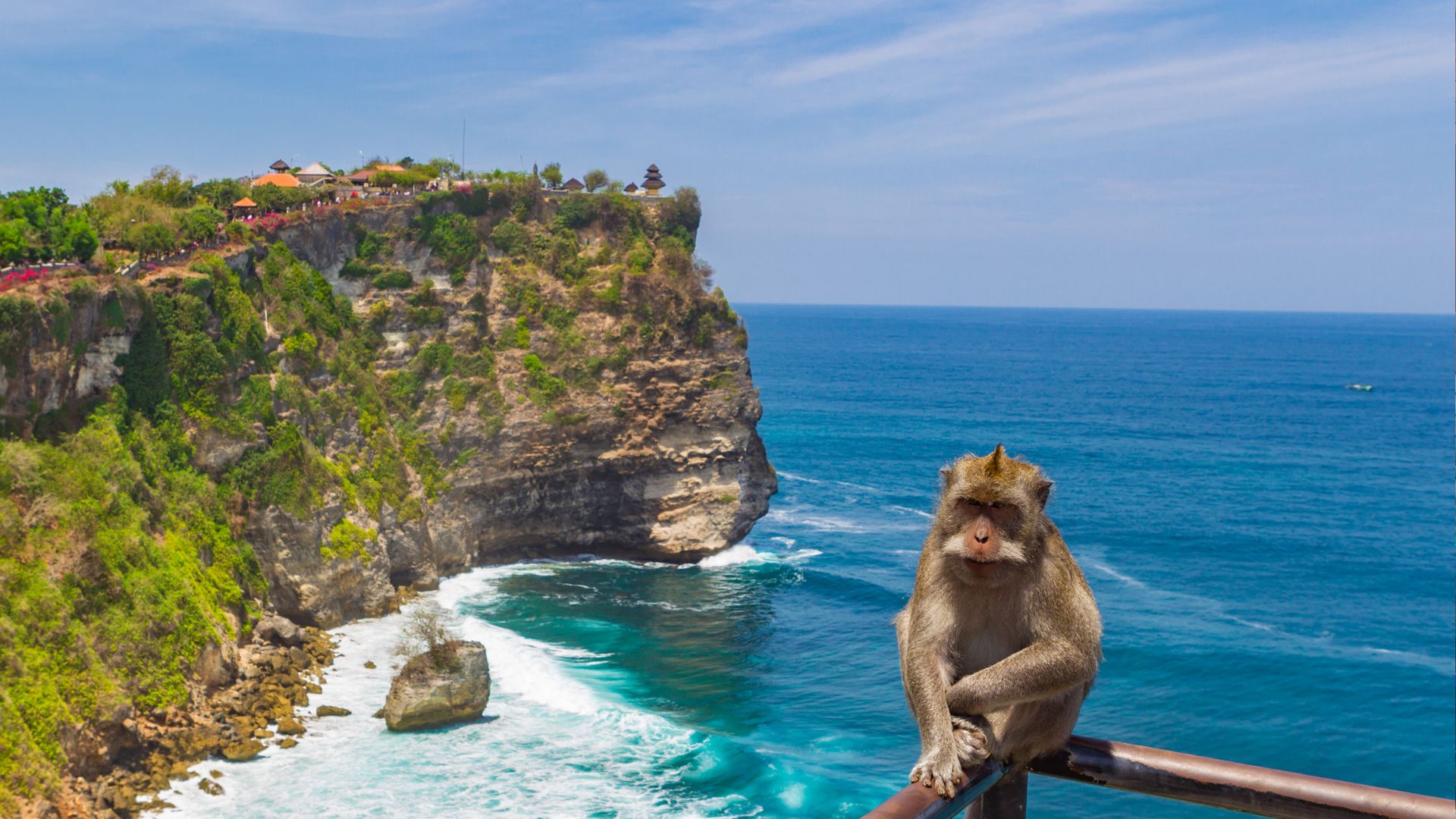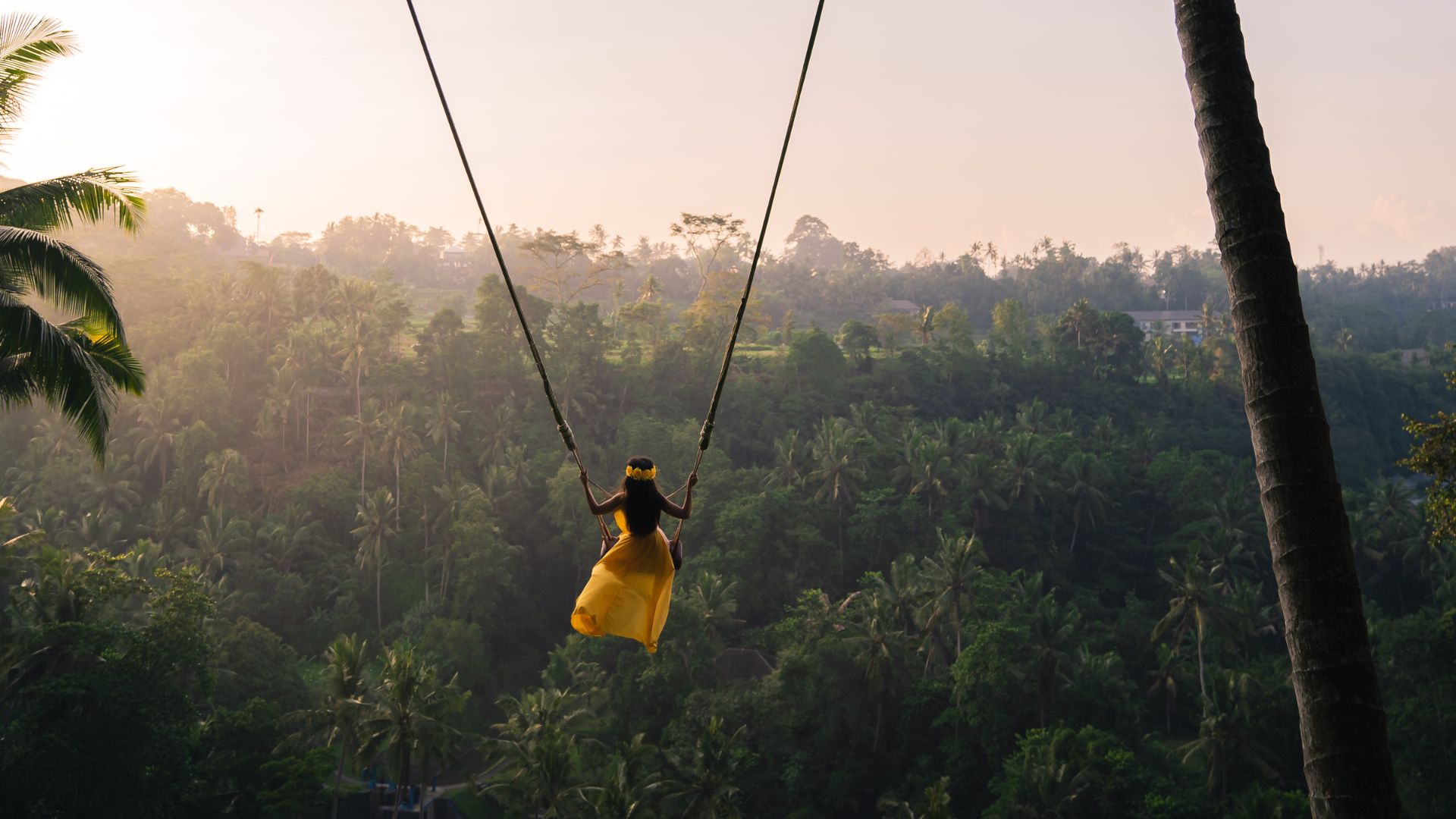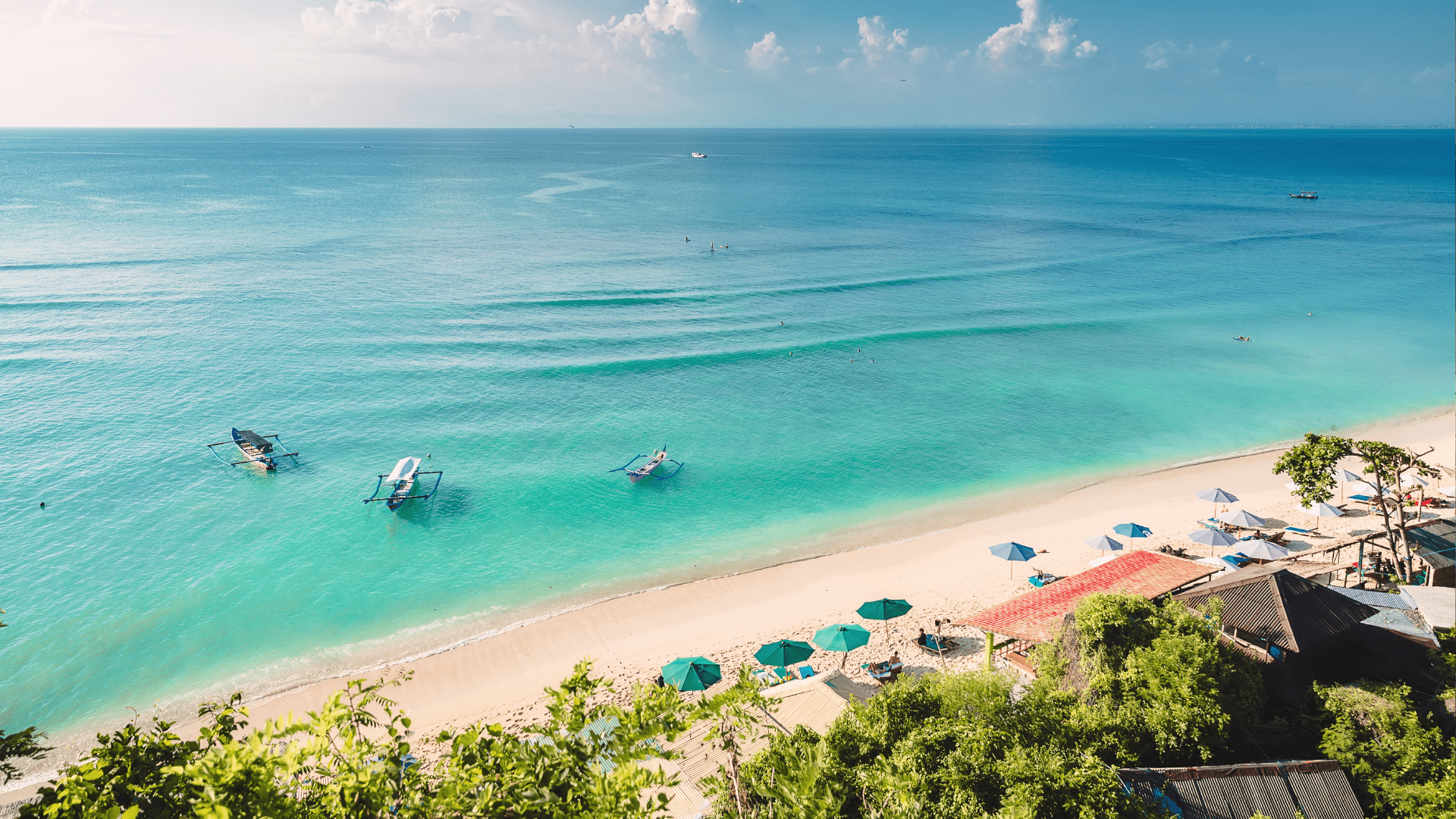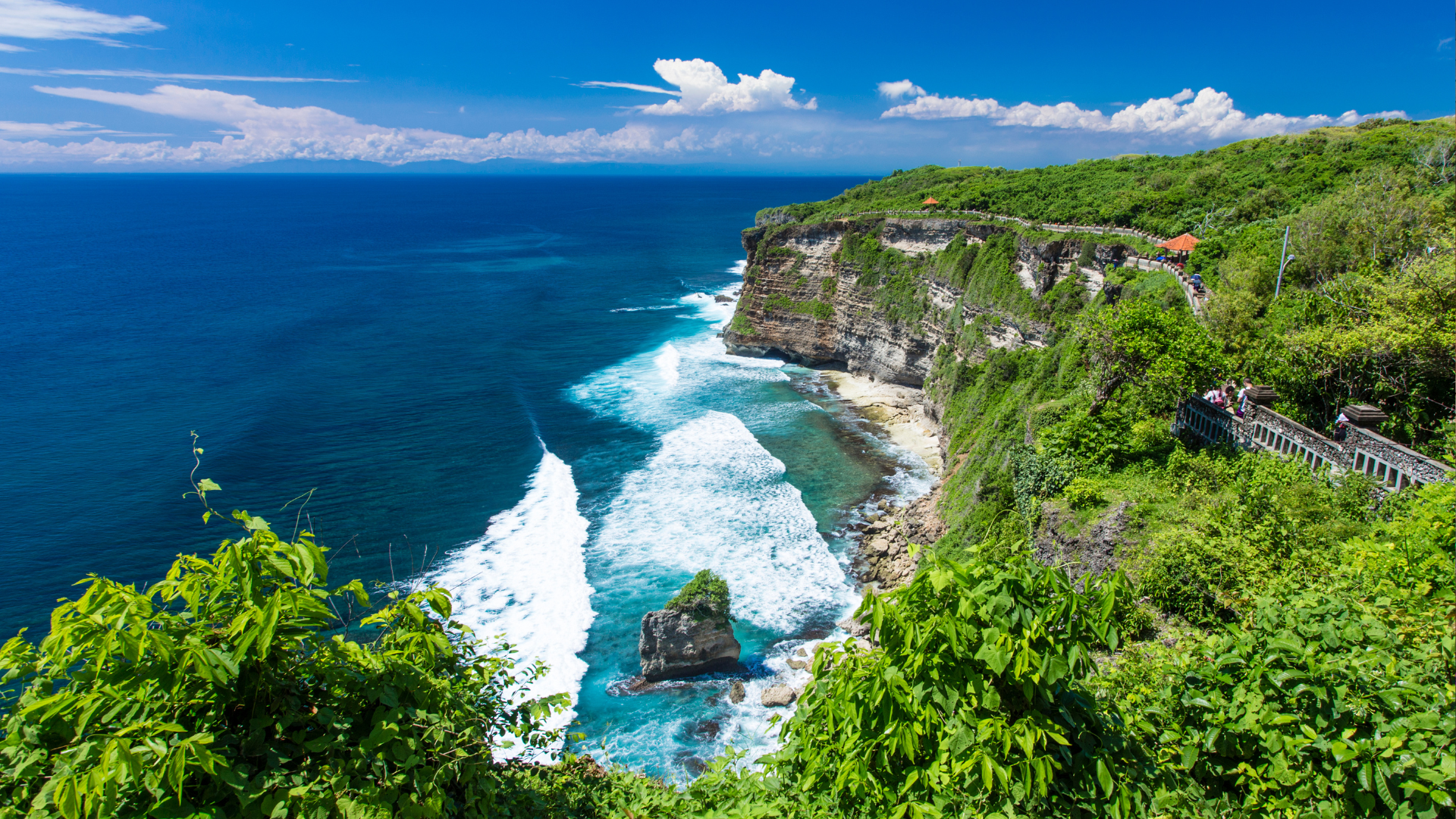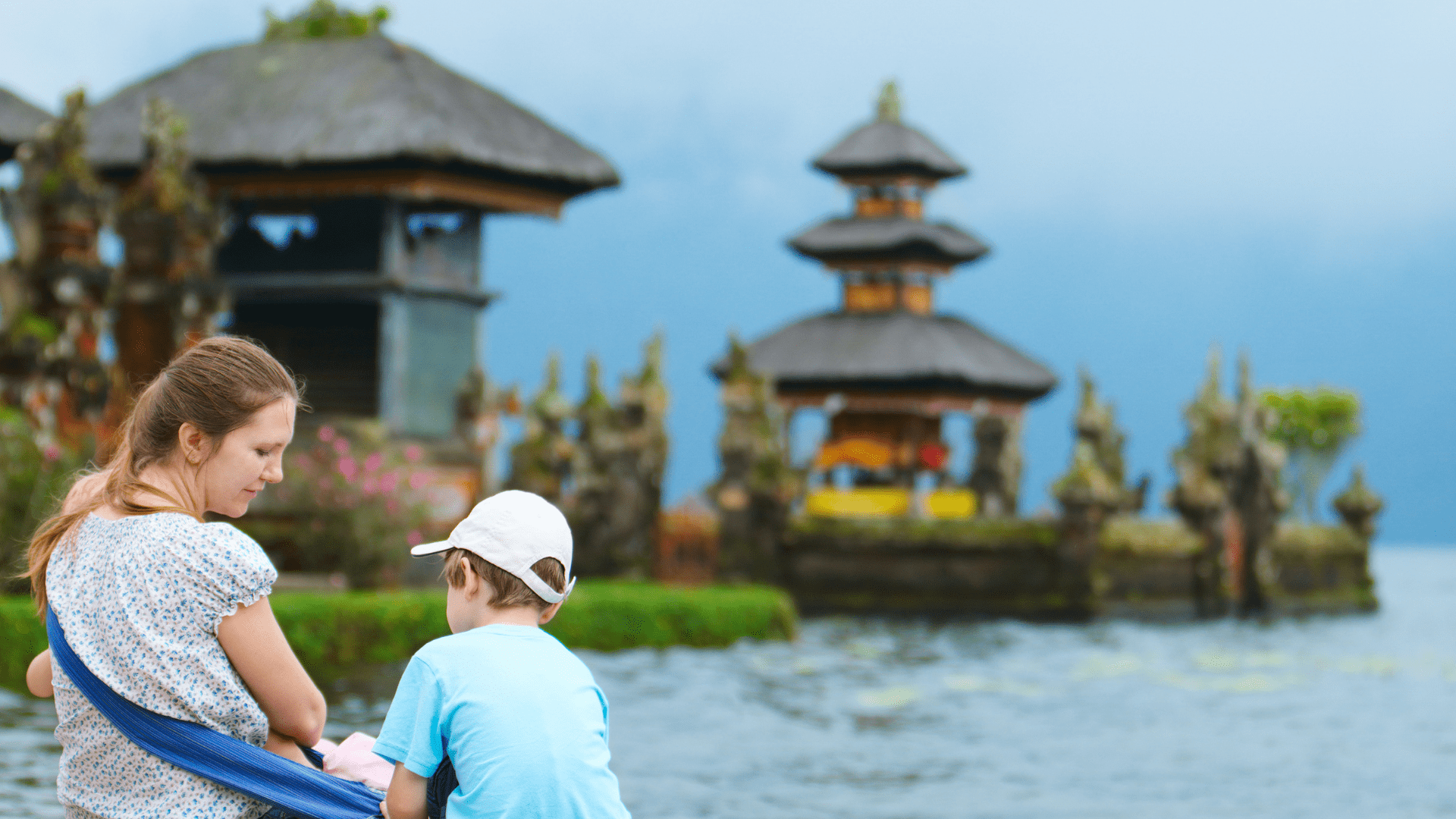Bali, known as the Island of the Gods, is a top destination for travelers seeking a blend of exotic culture, breathtaking landscapes, and vibrant nightlife. However, like any travel destination, considering safety is crucial. This article provides a comprehensive guide to ensure a safe and enjoyable trip to Bali.
General Safety in Bali
Bali is generally a safe destination for tourists. The Balinese are renowned for their hospitality and friendliness, contributing to a welcoming environment for visitors. However, as in any popular tourist spot, it’s important to be cautious of petty crimes such as pickpocketing, especially in crowded areas like Kuta, Seminyak, and Ubud.
Health and Medical Concerns
Regarding health, Bali’s medical facilities have improved significantly. There are several international standard hospitals in major areas. Nevertheless, travelers are strongly advised to have comprehensive travel insurance that covers medical emergencies.
Vaccinations are not typically required for Bali, but standard travel vaccinations such as Tetanus, Hepatitis A, and Typhoid are recommended. Due to the tropical climate, mosquito-borne diseases like Dengue Fever are present. Using mosquito repellent and wearing long-sleeved clothing at dusk and dawn can mitigate the risk.
Food and Water Safety
Balinese cuisine is a highlight for many travelers. While street food is generally safe, it’s prudent to eat at busy stalls where high turnover ensures food freshness. Avoid consuming tap water; bottled water is widely available and recommended.
Natural Hazards
Bali is situated in a volcanic region. The most famous, Mount Agung, has had recent eruptions, but local authorities provide timely updates and safety instructions. Additionally, Bali experiences a rainy season from November to March. Travelers should be aware of potential flooding and landslides during this period, especially in rural areas.
Transportation Safety
When it comes to getting around Bali, options are plentiful. However, road safety is a concern. Renting scooters is popular but can be risky due to heavy traffic and different road rules. Novice riders should exercise caution. Alternatively, hiring a driver or using ride-hailing apps like Gojek or Grab offers a safer, stress-free way to explore the island.
Personal Safety Tips
- Beware of Scams: Be cautious of common tourist scams, including overpriced taxi fares and fraudulent tour operators. Always agree on a price before starting any service.
- Respect Local Customs: Understanding and respecting local customs, such as dress codes at temples, not only ensures safety but also enriches the travel experience.
- Mind the Beach Flags: When swimming at Bali’s beaches, always heed the flag system. Red flags indicate dangerous conditions.
- Secure Valuables: Use hotel safes for valuables and carry only what you need for the day.
- Nightlife Caution: Enjoy Bali’s nightlife responsibly. Stay in groups and watch your drinks to avoid drink spiking incidents.
Emergency Preparedness
Always have emergency numbers handy. The general emergency number in Indonesia is 112. It’s also a good idea to have the contact details of your country’s embassy or consulate.
Conclusion
Bali is a remarkable destination with its unique culture, stunning natural beauty, and warm people. By taking standard travel precautions, respecting local customs, and staying informed, travelers can safely enjoy all that Bali has to offer. With its mix of adventure, relaxation, and cultural immersion, a trip to Bali promises to be an unforgettable experience







